Whether you check urine glucose on your diabetic pet depends on several factors, the most important of which is whether you have a diabetic dog or diabetic cat. My answer for a diabetic cat is an emphatic yes, particularly for newly diagnosed diabetic cats.
I say this because with good diabetic control shortly after diagnosis, we can convert (cure) diabetes for a good number of cats within the first few months of diagnosis. Cats are usually type 2 diabetics and we can induce diabetic remission with low carb diets, insulin, proper weight management and addressing other causes of insulin resistance. For diabetic cats I think using Purina Glucotest or Kit 4 Cat nonabsorbent kitty litter should be incorporated perhaps once a week (to signal when we may be going into remission) for clients who don’t check blood glucose levels often. As a cat goes into diabetic remission, the glucose in the urine will go away. Unless you are checking blood glucose samples at least weekly, low or negative urine glucose readings may be the clue that your cat is reaching remission and you should speak with your veterinarian about possibly decreasing or stopping the insulin.
With the invention of at-home pet blood glucose monitors, most vets don’t have diabetic dog owners check urine glucose any longer. Checking urine glucose was much more common 20 years ago when glucometers required a larger blood sample. If a client has a huge fear of needles, then perhaps a vet might take this approach, but it is very crude compared to checking a blood glucose. For urine glucose monitoring, the idea is about trends. If the dipstick comes up negative repeatedly then subjectively one would suspect the insulin dose may be too much. If the glucose strip comes up a strong positive repeatedly then one would think the diabetes is not controlled, either from too low of an insulin dose or the Somogyi diabetic over-swing phenomenon.
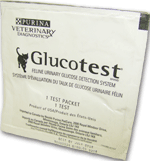 ADW clients are highly motivated to provide the best of care for their diabetic pets. There is clearly a place for monitoring urine glucose to signal that a cat may be going into remission, particularly if the client isn’t checking blood glucose samples often. A client may use Kit 4 Cat nonabsorbent cat litter to obtain the urine for sampling. Purina Glucotest is another great option. Glucotest can be sprinkled in the cat litter once weekly to check for urine glucose. Cats are funny creatures with varying potty habits. My cats are all pretty relaxed regarding the litter box. If I tried to catch a pee sample while one of them was voiding they would let me, but many cats are very private about such matters.
ADW clients are highly motivated to provide the best of care for their diabetic pets. There is clearly a place for monitoring urine glucose to signal that a cat may be going into remission, particularly if the client isn’t checking blood glucose samples often. A client may use Kit 4 Cat nonabsorbent cat litter to obtain the urine for sampling. Purina Glucotest is another great option. Glucotest can be sprinkled in the cat litter once weekly to check for urine glucose. Cats are funny creatures with varying potty habits. My cats are all pretty relaxed regarding the litter box. If I tried to catch a pee sample while one of them was voiding they would let me, but many cats are very private about such matters.
Medicine is an art. We say we “practice” medicine as no two individual patients are the same. No two veterinary clients are the same. We do what we can and within our means. If you are one who lacks the dexterity to check a blood glucose, perhaps you can manage testing urine glucose. Just know the limitations of urine glucose testing. And I cannot say emphatically enough: Do not change your pet’s insulin dose without direction from your vet. Even cats aiming for tight diabetic control should have explicit directions from the attending veterinarian regarding how to alter a dose. Such alterations would be based on blood glucose sampling, not the crude urine glucose sampling. Understand that urine glucose testing is a poor reflection of the pet’s blood glucose compared to a glucose meter.
NOTE: Consult your Veterinarian first to make sure my recommendations fit your special health needs.
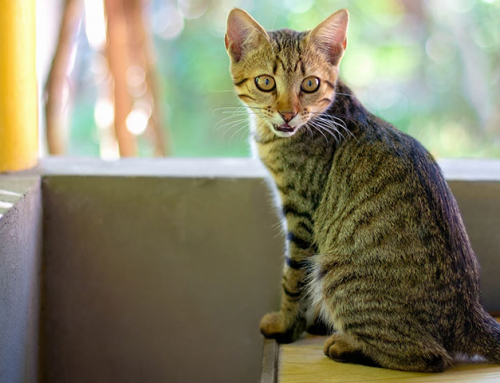
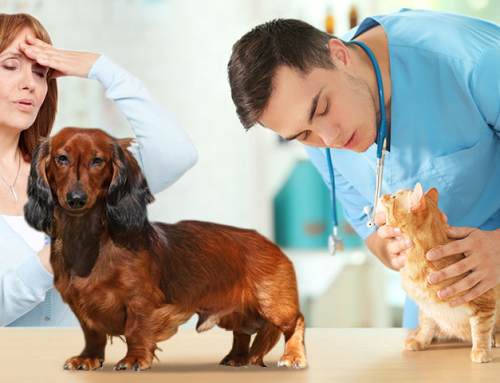
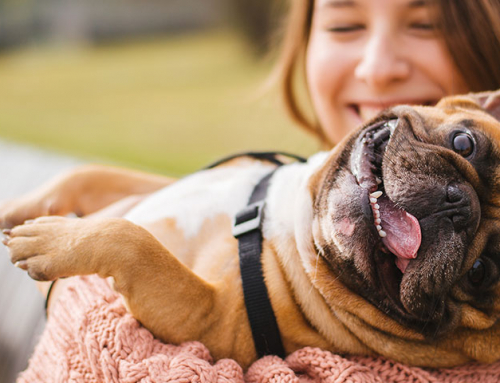

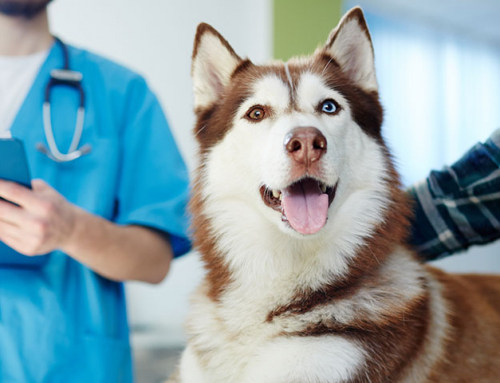
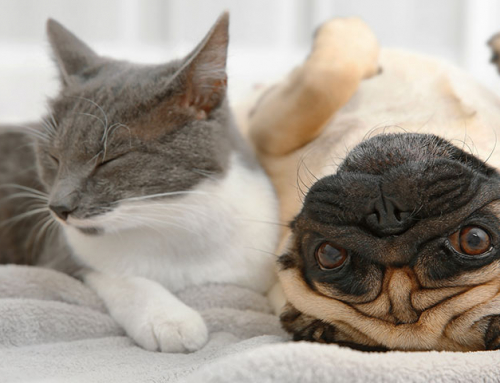
Leave A Comment